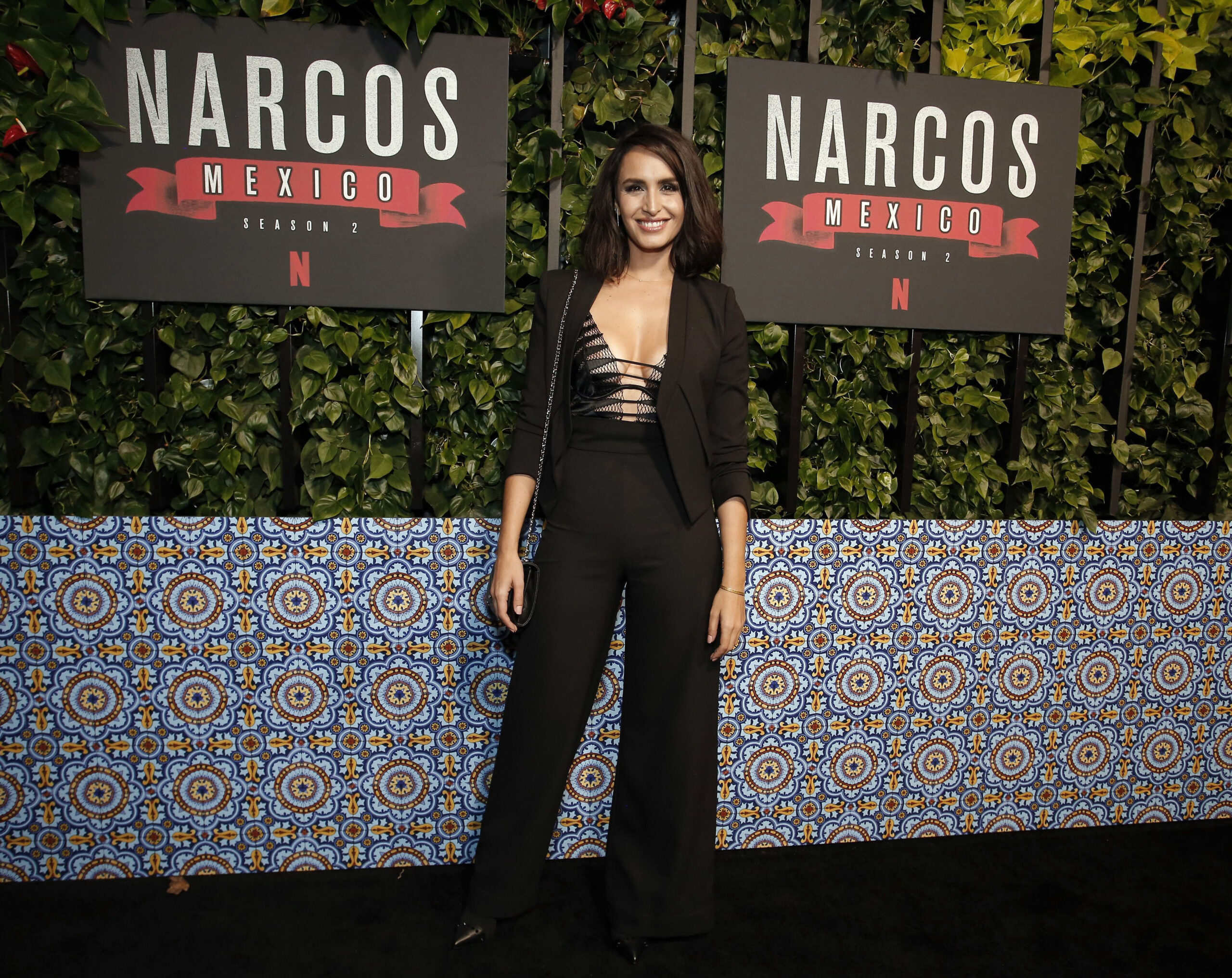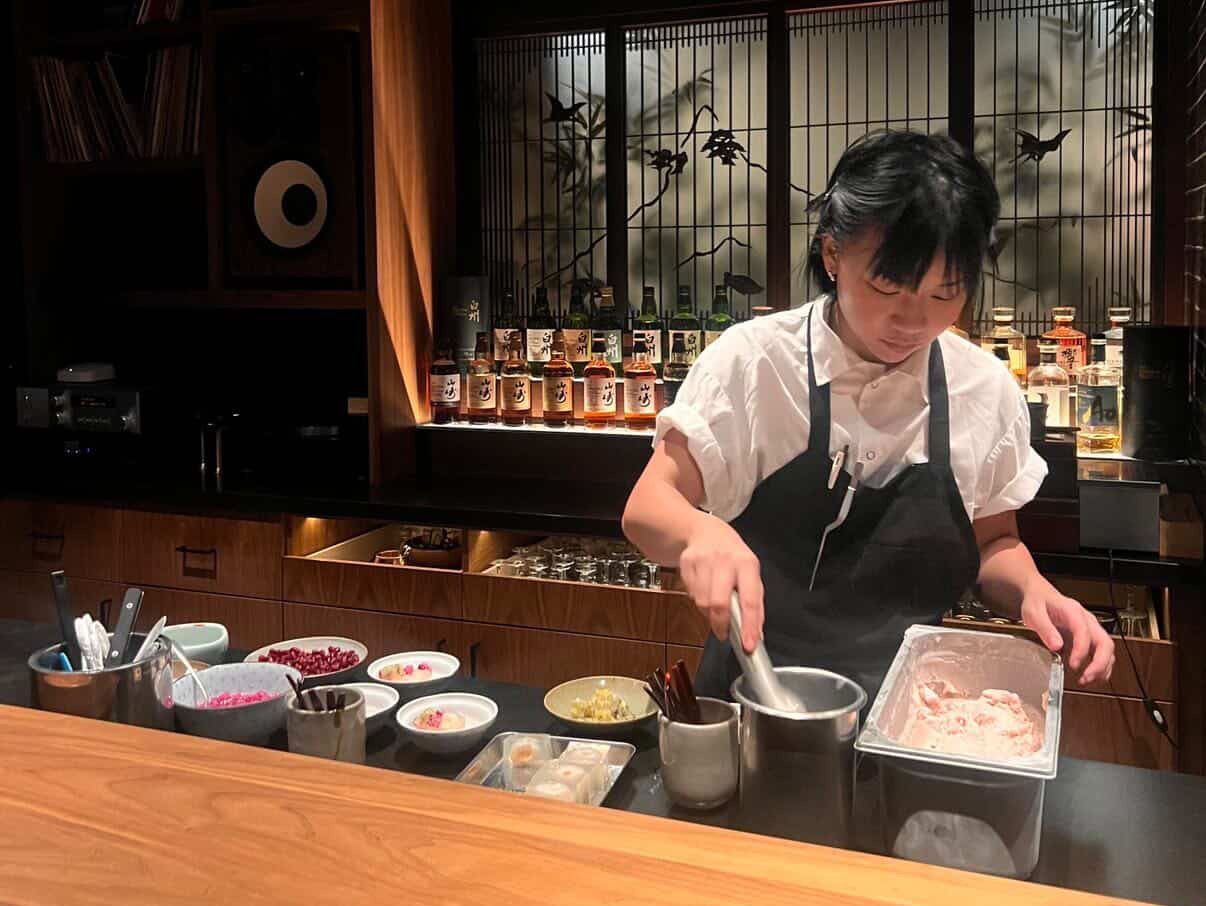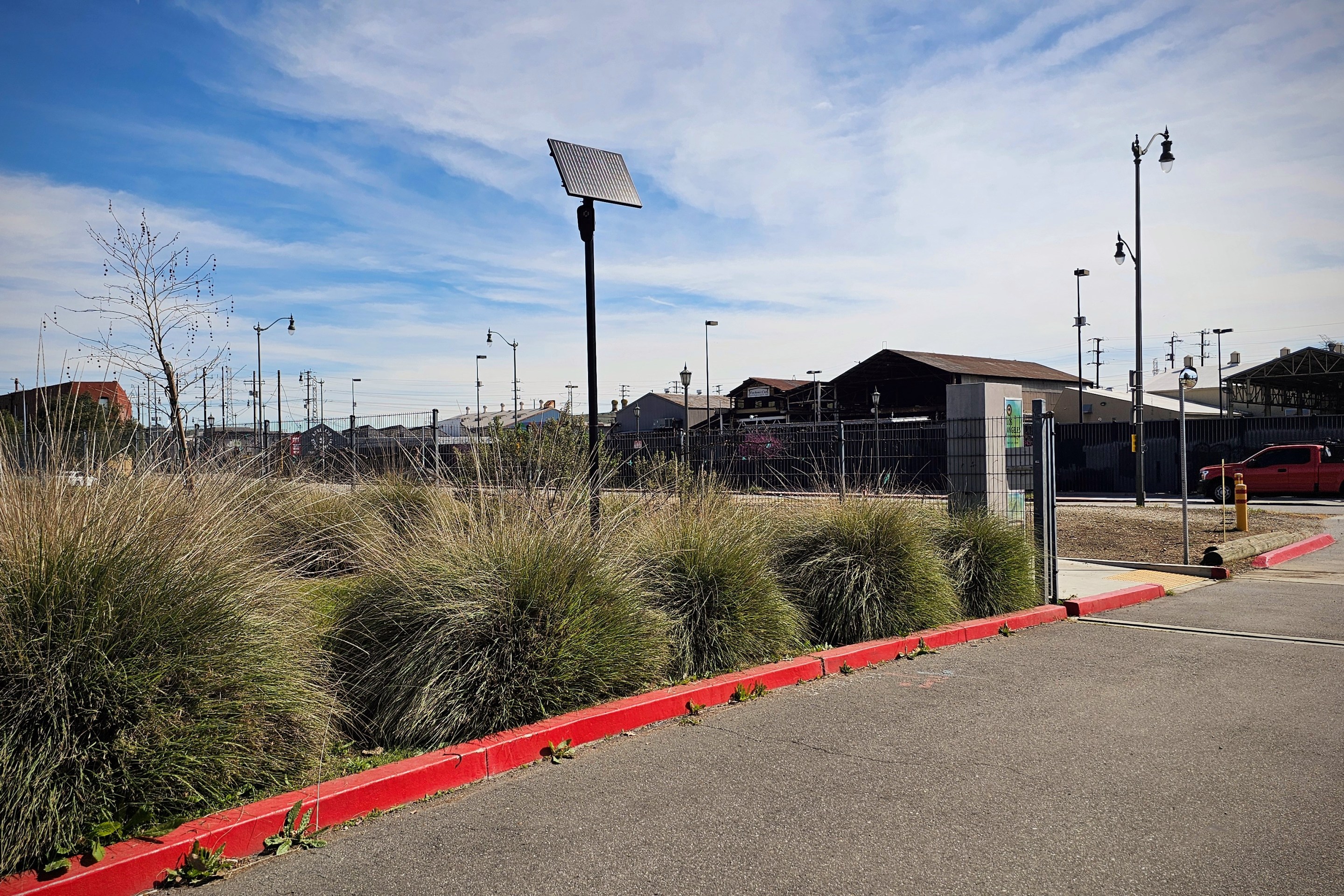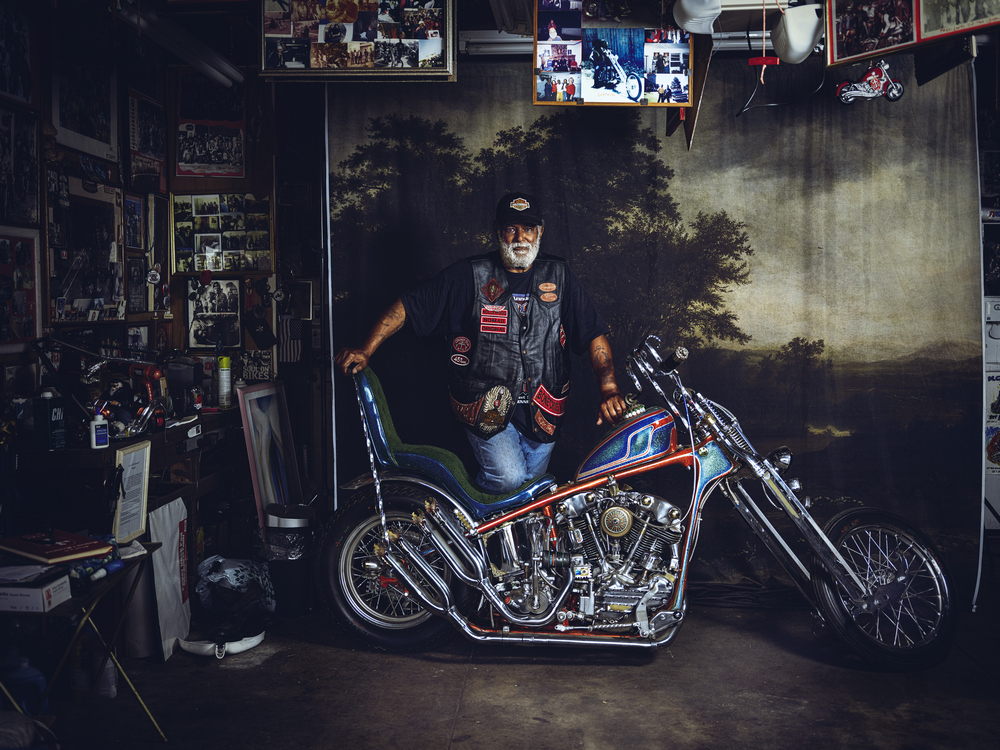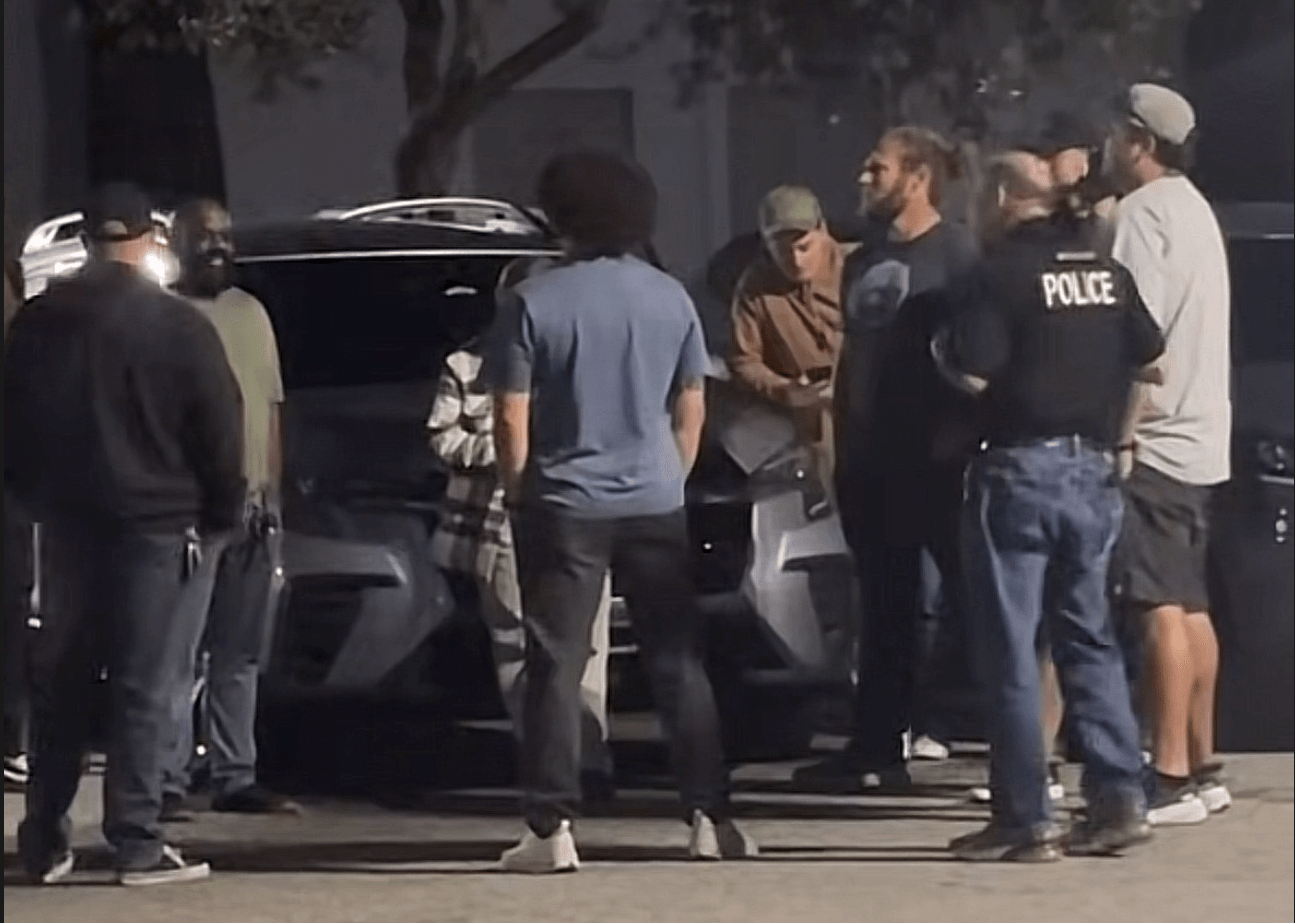[dropcap size=big]A[/dropcap]s a young actress living and working in the South American country of Chile, Fernanda Urrejola had found success early in her career on several film, T.V., and theater projects. But something was missing. She wanted to see if she could make it in Hollywood. So, despite not knowing anyone or having a gig booked when she got there, Urrejola packed up and moved to Los Angeles. It was the best decision she ever made.
“I wanted to get out of my comfort zone and have more challenges,” Urrejola told L.A. TACO during a recent interview. “I needed something different. It was now or never. I just went free-spirited, and I was hungry for adventure.”
Urrejola has made quite a journey since moving to L.A. five years ago. Her big break came when she landed a main role on the Netflix series Narcos: Mexico, opposite actor Diego Luna (Wander Darkly). That was followed by a recurring role on the reboot of the 1990s series Party of Five. Now, she stars in the feature film Cry Macho, a modern-day Western directed and starring Oscar-winning filmmaker Clint Eastwood (Million Dollar Baby).
To her, bravery isn’t defined as someone who is fearless. It’s about recognizing those fears and facing them head-on.
Cry Macho follows Mike Milo (Eastwood), a former rodeo star tasked to travel to Mexico to save a teenage boy named Rafo (Eduardo Minett) from his uncaring mother and bring him back to the U.S. But with a group of Federales on their trail, the road trip back across the border won’t be easy. Urrejola plays Leta, Rafo’s wealthy and irresponsible mom who isn’t very concerned with the wellbeing of her son.
“My character is a very complex woman,” Urrejola said. “It was very interesting to portray her and to be in her shoes. I really enjoyed it from the beginning. I was so happy when I got the [role]. I couldn’t stop screaming.”
It was the same kind of emotion she felt when she earned her part on Narcos: Mexico a year after she relocated to L.A., mainly because the path to get to that point in her career was not easy. Urrejola said it took her about eight months to get all her immigration paperwork in order.
“After that, it was really quick when I booked my first job, so it was like a sign for me to stay and keep going,” she said. “But at the beginning, I thought it was going to be impossible. Then, suddenly, everything started to work out.”
It’s that courage and self-confidence that has gotten Urrejola to where she is today. To her, bravery isn’t defined as someone who is fearless. It’s about recognizing those fears and facing them head-on. With Cry Macho now complete, Urrejola is the most battle-tested she’s ever been in her professional life.
For Urrejola, being macho today doesn’t mean being the sole breadwinner of the family, refusing to help wash the dishes, or leaving the child-rearing to the woman of the house.
“I’m very proud of what I did,” she said. “I was comfortable back home. I was a working actress, and I had everything—my house, friends, family—but I needed to keep growing.”
The theme of personal growth is something Urrejola shares with the main characters in Cry Macho. Mike and Rafo are both unfamiliar with close relationships and sharing bonds. They don’t know how it feels to care for another human being. So, when they go on this trip together, it’s one of the few times they’ve ever tried to connect with someone else.
Along the way, Mike attempts to show Rafo what it means to be a man. It’s not about who can flaunt the most manliness. Urrejola believes Cry Macho helps redefine the term machismo, especially since Eastwood, himself, has been viewed as such a masculine actor throughout his lifetime as the star of movies like A Fistful of Dollars Dirty Harry, The Outlaw Josey Wales, and Unforgiven.
“I think we’re finally breaking that cycle of machismo,” she said. “We are reshaping the idea of what it means to be a man and what it means to be a woman as well. Women are fighting for their rights and feel like they deserve equality. The feminist wave is big in Latin America, too.”
For Urrejola, being macho today doesn’t mean being the sole breadwinner of the family, refusing to help wash the dishes, or leaving the child-rearing to the woman of the house.
“Being a man right now means to be sensitive and open and to listen more,” she said. “It means to get more in touch with your feminine side. It’s also happening with women. We need to make that balance with ourselves as well. It’s a very interesting time we’re living.”
Cry Macho is out now at theaters and on HBO Max.
